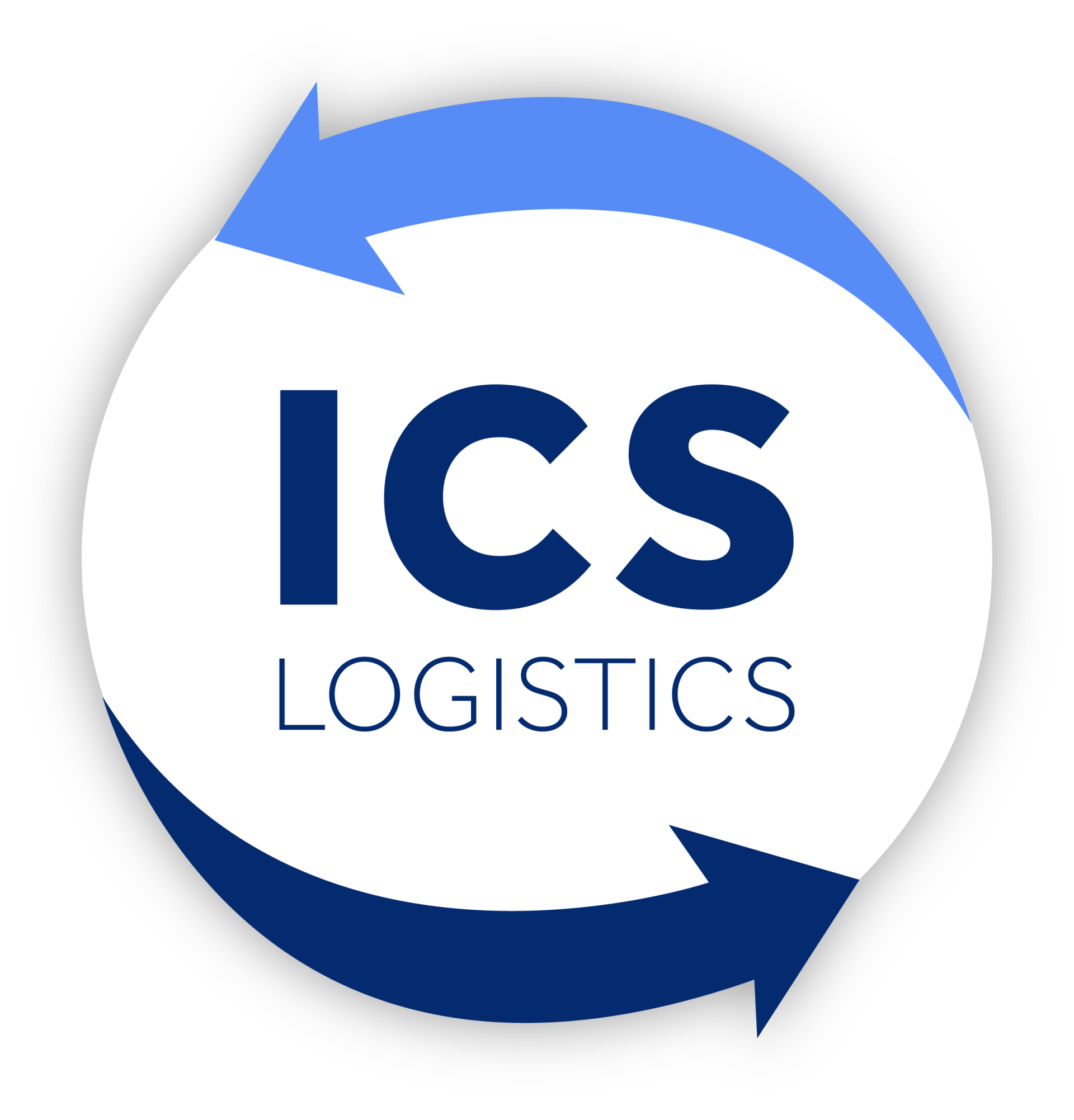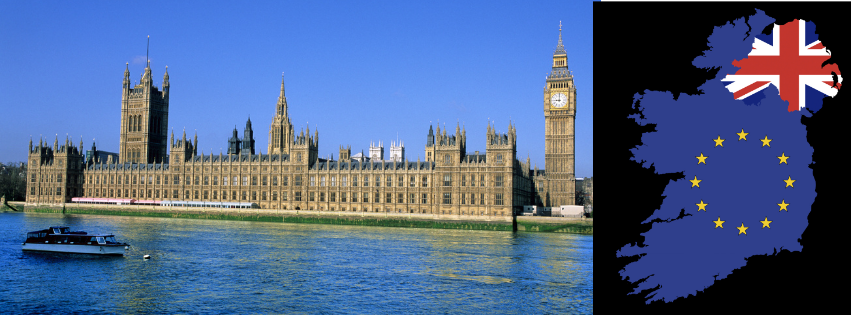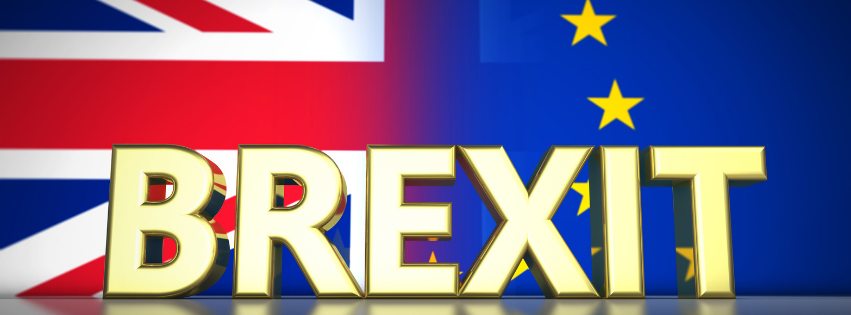Importing and exporting wine from 1 January 2021
Ian Simmonds • 31 October 2020
New rules for wine importers, exporters, producers, retailers and distributors.
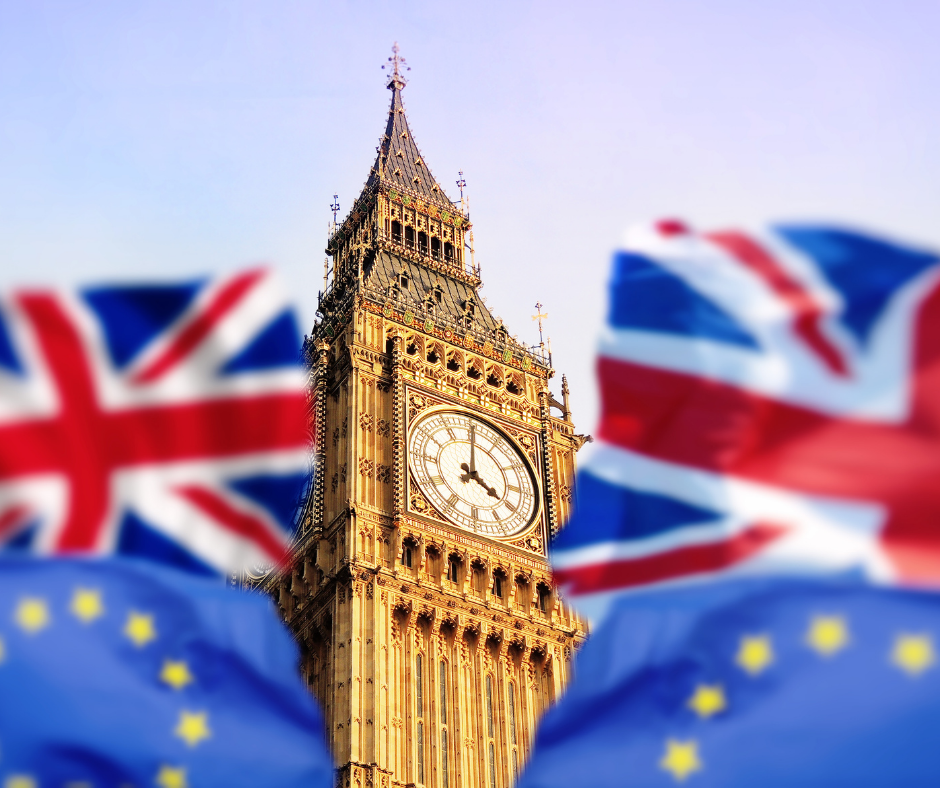
Importing and exporting wine from 1 January 2021
The UK Government has updated the rules for wine importers, exporters, producers, retailers and distributors, as from 1 January 2021.
The Government have stated:
- There will be no change to the requirements for wine imported into the UK from a non-EU country from 1 January 2021 to 1 October 2021.
- VI-1 certificates will not be required for EU wine imported into Great Britain (England, Scotland and Wales) from 1 January 2021 to 30 June 2021.
- There will be no change to the marketing standards requirements for importing wine into Northern Ireland (NI) from the EU.
- VI-1 certificates will not be required to move wine to GB from NI.
- Companies can continue to use the name and address of an importer, or bottler in the case of bulk wine imports, based in the EU, GB or NI on the label for bottles of wine marketed in GB until 30 September 2022. From 1 October 2022, wine marketed in GB must be labelled with the name and address of an importer or bottler located within the UK.
- Consignments of wine exported from GB to the EU will be subject to EU third country requirements for wine which include having an EU VI-1. There are some situations where companies do not need a VI-1 to export wine from GB to the EU.
- There will be no change to marketing standards requirements for exporting wine from NI to the EU. Businesses in NI will not be required to provide VI-1 documents for exports to the EU.
- Goods moving from GB into NI will also be required to meet EU import marketing standards requirements.
If you would like more details, please call +44 (0) 118 932 8447 or email info@icslogistics.co.uk

We provide IOR services for foreign importers and take care of every phase of the importation from customs clearance to the payment of duties and taxes. As the IOR for your products we are responsible for all paperwork relating to import of your products, customs classification and we will arrange the payment of duties and taxes.
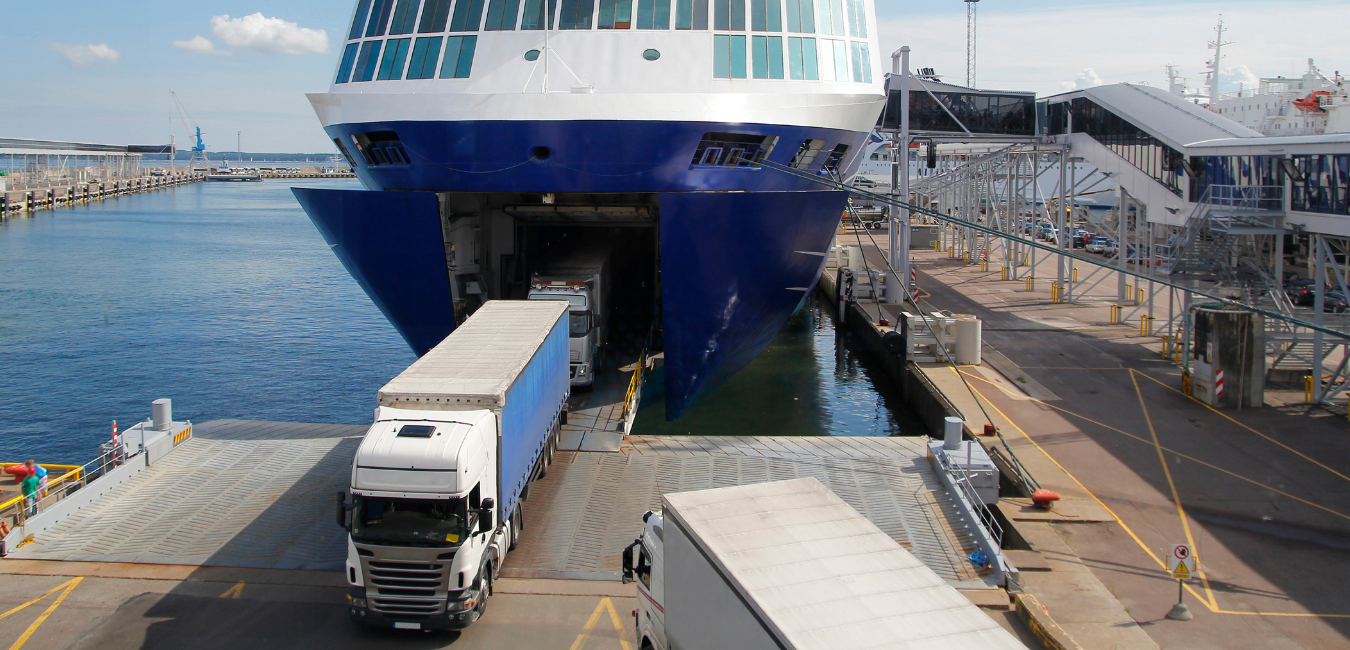
A manufacturer in Germany supplies EU qualifying products to a GB company and zero tariffs applies. The GB company places the products within their common stock warehouse and later they are purchased by a company in the Republic of Ireland. Under the TCA rules of origin for preferential trade, these goods when imported into Ireland are not covered by the agreement and full tariffs apply.
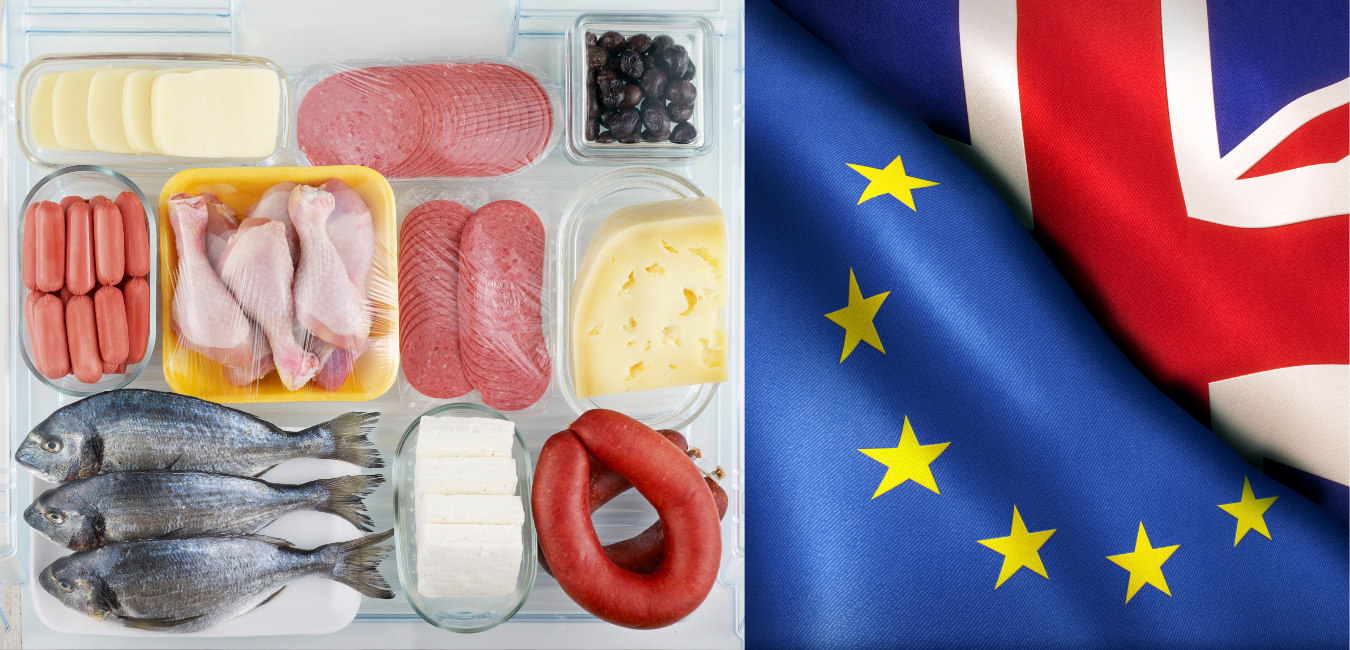
Not having clearly defined export / import processes with the EU caused unnecessary documentation issues resulting in long delays at the ports and some vehicles being sent back to the UK. Exporters of food products from Great Britain (GB) were especially impacted due to their Export Health Certificates (EHCs) not being compliant with EU import regulations. Food exporters and their Official Veterinarians complete and issued these certificates in compliance with the directives of the Department for Environment Food & Rural Affairs.

We have been developing contingency plans to ensure our customers’ products are delivered correctly after 1 January 2021. Significant changes will occur once the UK has left the EU. All UK businesses will be required to provide Customs documentation for products exported to, or imported from the EU, even with the ‘EU Deal’ on Brexit.
ICS, as part of our customer services, will be supporting companies with the necessary Customs documentation to comply with the new regulations.
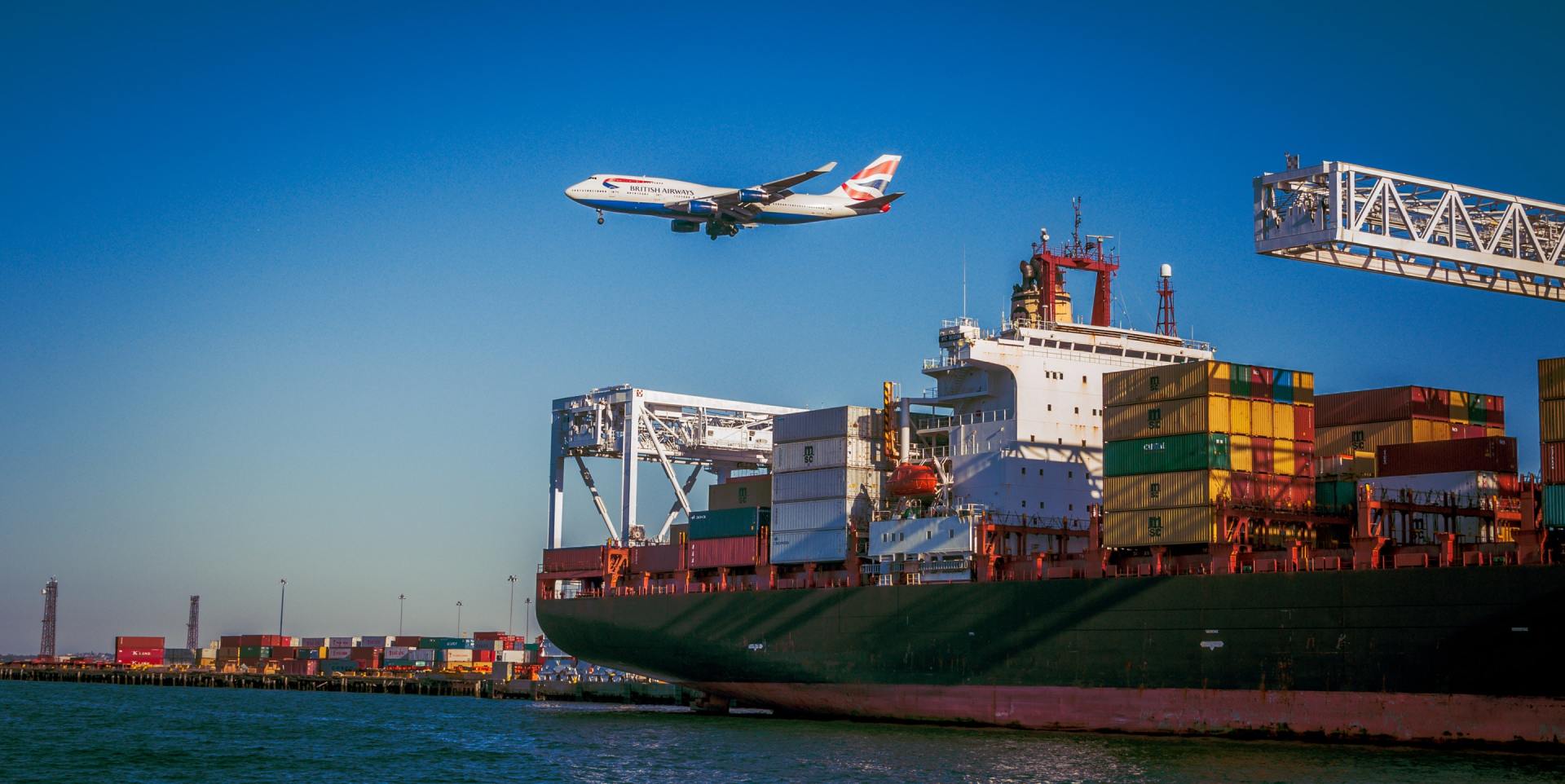
The Government announced, during the Budget, that on 1 January 2021 Postponed VAT Accounting (PVA) will be introduced on imports. Currently, imported goods from a non-EU country are liable for payment of import VAT at the same time as customs duty. The process will provide importers with a new cashflow benefit, as they will be able to postpone VAT at the time of import, as opposed to paying it immediately upon importation.
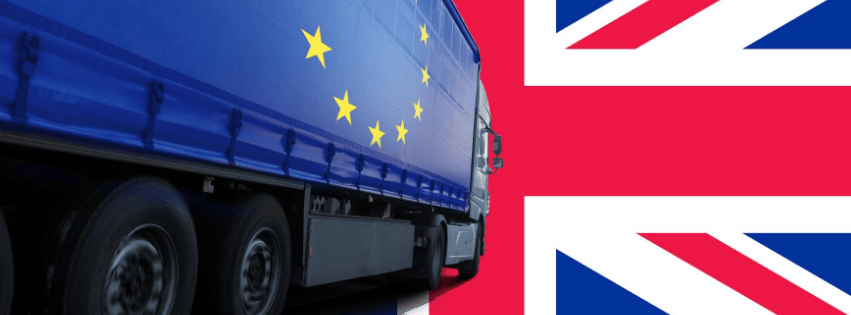
The UK Government have stated that on 1 January 2021 the transition period with the European Union (EU) will end and the United Kingdom (UK) will operate a full, external border as a sovereign nation. This means that controls will be placed on the movement of goods between Great Britain (GB) and the EU.
The UK Government have recognised the impact of coronavirus on UK businesses’ ability to prepare and therefore have announced that they will implement full border controls on imports coming into GB in three stages up until 1 July 2021.
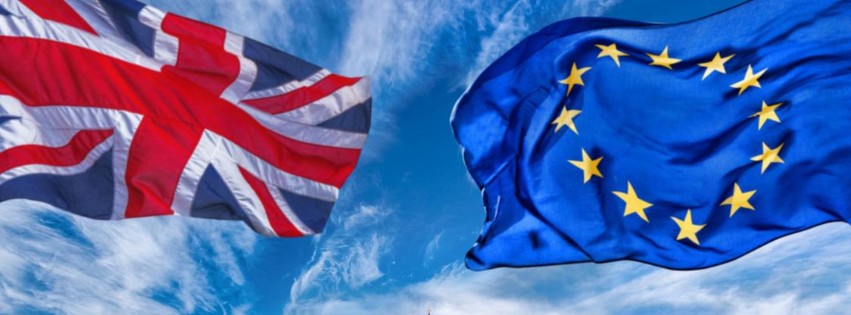
The UK Government has now released their new Import and Export Guides for the end of the Transition Period. The guides have been designed to provide a step-by-step process and aim to provide clarity around what is required at the end of the year. When it comes to following the new import / export processes and completing your Customs declarations, we can provide you with assistance and support.
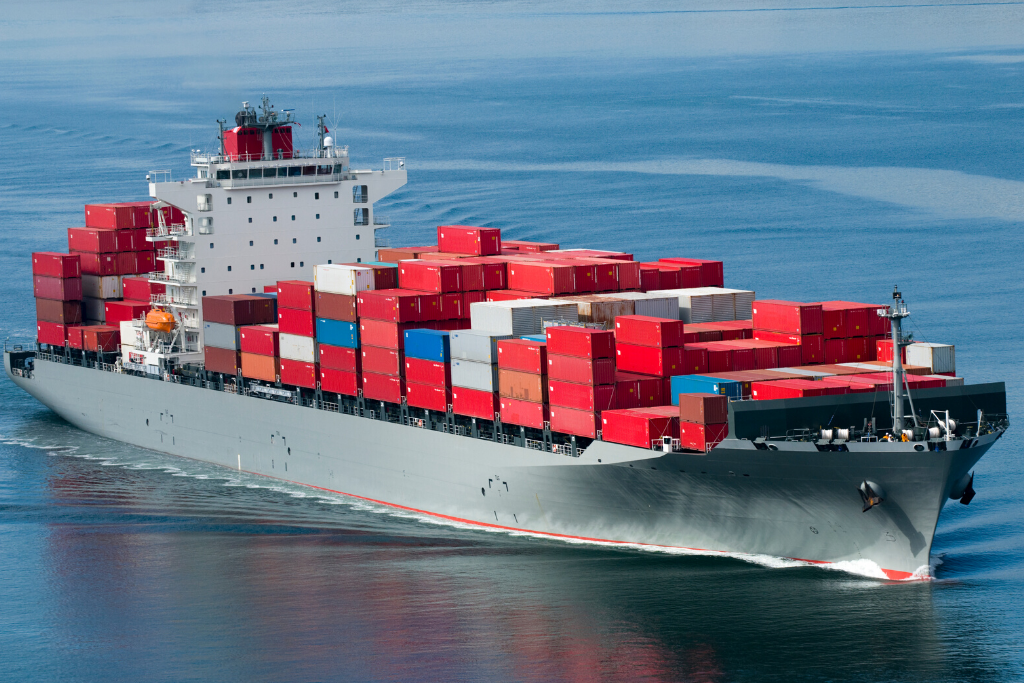
Your choice of Incoterms® 2020 will be an integral part of your commercial transaction stated within the contract.
By the parties agreeing the relevant Incoterms for the international supply chain and then incorporating it into the contract, the buyer and seller will understand responsibilities in the event of loss and damage.
The seller and buyer can include Incoterms in their contract to cover who is responsible for every stage of the international supply chain, including customs clearance and insurance requirements. Incoterms also make it clear who pays for each different cost within the international supply chain.
